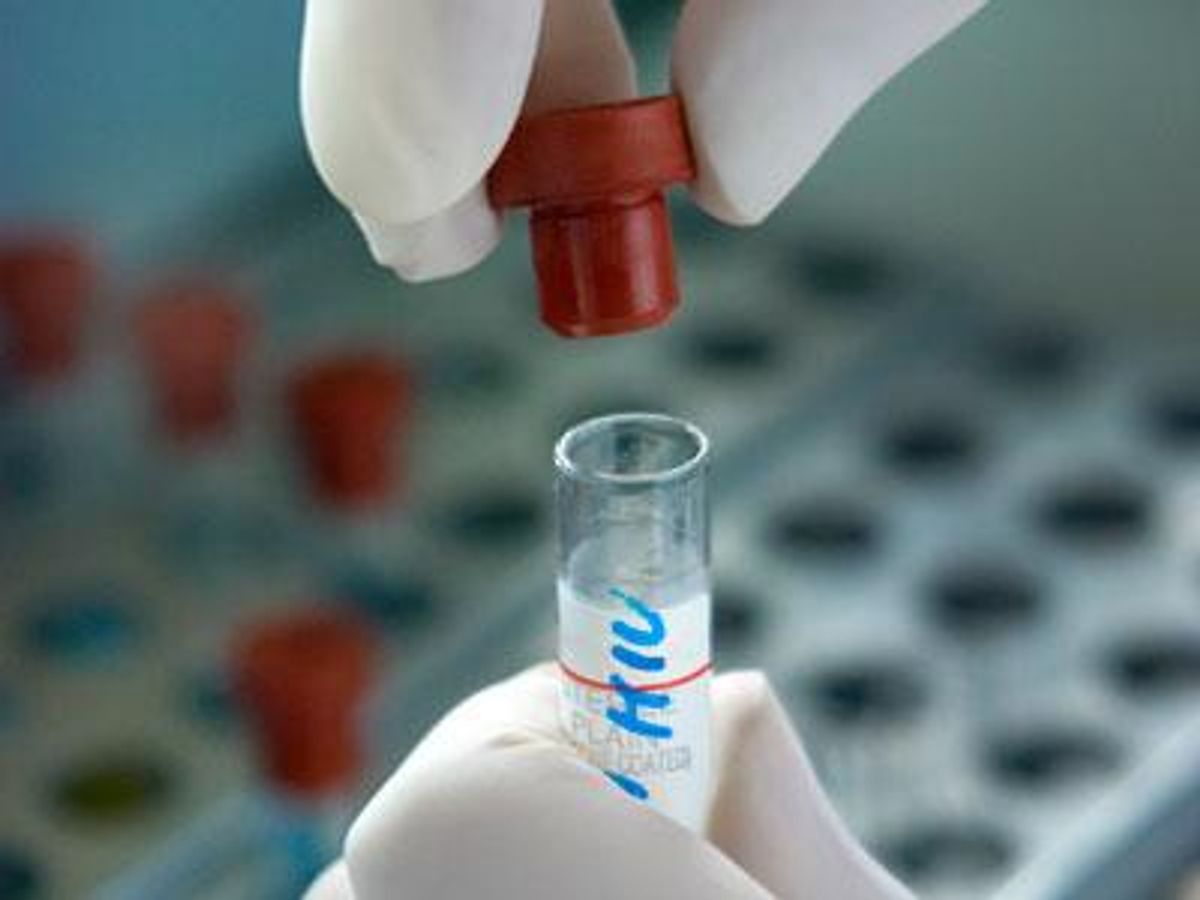- Researchers at the University of California, Los Angeles may have discovered why certain people with a gene known as B57 progress to AIDS much more slowly than other HIV-positive people with the gene. The reason may be “a killer T-cell immune response that occurs early on in HIV infection and targets a section—or epitope—of the HIV protein called IW9,” according to a UCLA press release. Researchers are hoping more information on the B57 gene will eventually lead to an HIV vaccine.
- A Clare, Mich., man was freed on bond after being arraigned on a charge of having sex without telling his partner he was HIV-positive. Philip Bryan Manners, 25, was arrested in August after a person with whom he had sexual contact learned Manners is HIV-positive and notified police. He was charged with violating a 1989 Michigan law requiring HIV-positive people to inform prospective partners of their status before they have sex.
- Scientists from Oxford University discovered a compound that improves the effect of vaccines against viruses, including HIV, in mice. When added to a vaccine, a type of polymer called polyethyleneimine, or PEI, enhanced mice’s immune response and offered better protection against HIV, flu, and herpes, three of the most difficult viruses to combat with a vaccine. Researchers said it would likely be a few years before they could test PEI in a flu vaccine in clinical trials with humans.
- The Centers for Disease Control and Prevention no longer recommends the oral antibiotic cefixime for the treatment of gonorrhea. Recent laboratory data indicates the drug is becoming less effective in treating the disease, leaving only one medication—the injectable antibiotic ceftriaxone—proven effective against gonorrhea.
- The first CDC study examining the proportion of HIV-positive Americans receiving treatment found that only one quarter of all HIV-positive people in the U.S. have the virus under control through antiretroviral therapy. African Americans and young people were the least likely to receive ongoing care and effective treatment.
- The LGBT advocacy organization Truth Wins Out in August blamed American evangelical Christian organizations for a spike in HIV cases in Uganda. Fundamentalist Christian leaders such as Lou Engle and Rick Warren have visited Uganda in the past few years, promoting abstinence as the key to preventing the spread of HIV. According to a new American-financed survey, Uganda’s HIV infection rate increased to 7.3% in recent years from 6.4% in 2005.
- Women in rural Kenya avoid giving birth in hospitals or clinics for fear of being seen as HIV-positive, according to a study published in PLoS Medicine in August. Surveying young women in a province where only 44% of births take place in a medical facility, researchers found HIV-related stigma was a major factor keeping them away. Many of the women believe professional care is only for deliveries with complications, such as the mother being HIV-positive. A similar study published in July found HIV stigma affects pregnant women in other parts of the world as well.
- A new policy brief from the Africa Initiative and the Centre for International Governance Innovation lays out strategies for increasing the number of pregnant women tested for HIV, so steps can be taken to reduce the possibility of mother-to-child transmission during delivery. Based on 129 interviews, “Increasing the Uptake of HIV Testing in Maternal Health in Malawi” notes that many pregnant women do not know their HIV status. They avoid testing or counseling because of barriers to care, peer pressure, and fear of stigma. The brief recommends increasing the number of health care professionals, improving their training on HIV, and reducing misconceptions and stigma regarding the virus.
- Ten community-based AIDS organizations from around the world were honored in July with the 2012 Red Ribbon Award, recognized as the most prestigious award for innovative community work in response to AIDS. The winning organizations are from Egypt, Haiti, India, Iran, Kenya, Mexico, Myanmar, the Russian Federation, Sri Lanka, and Uganda. Each will receive a grant for $10,000.

















































































